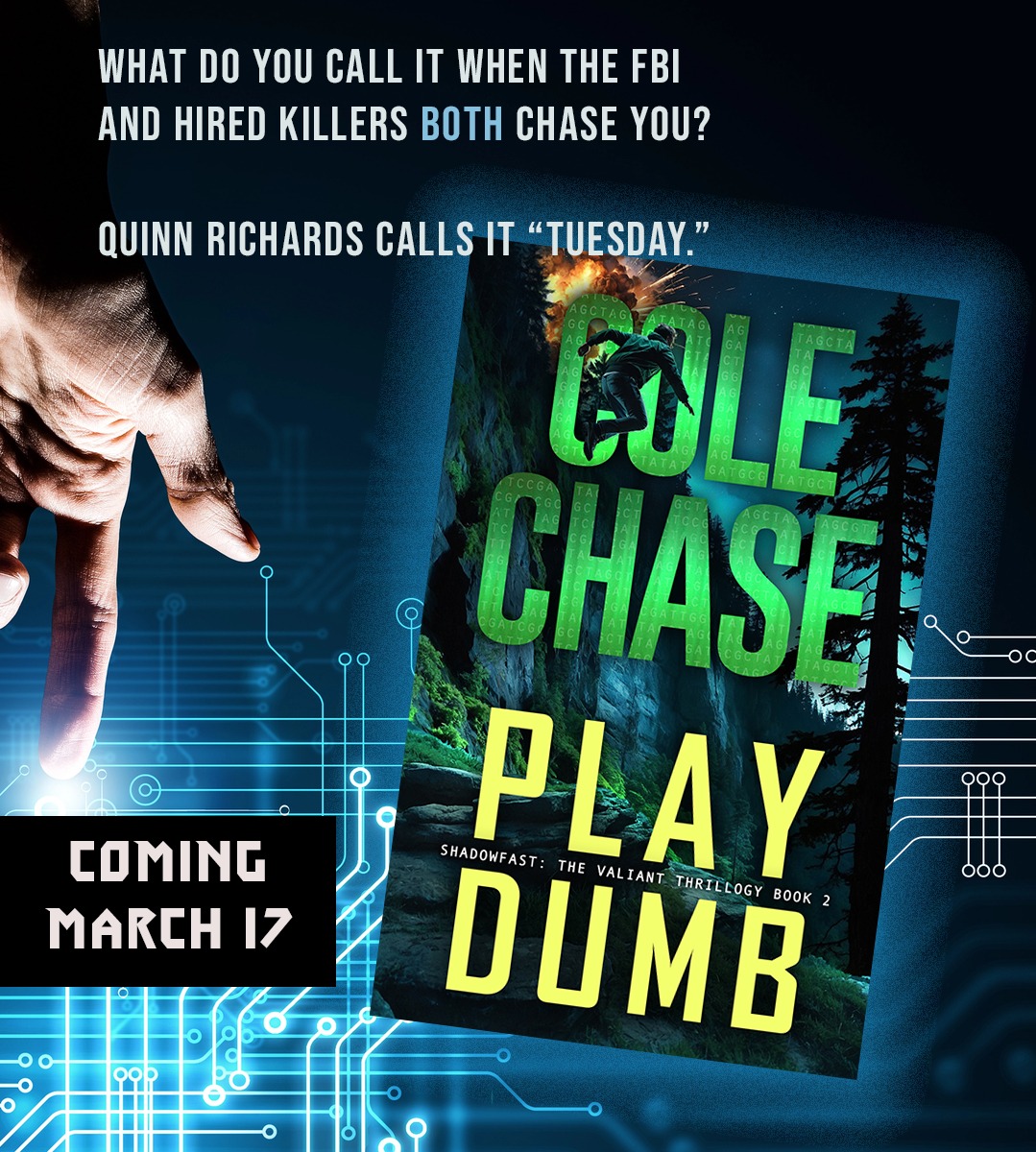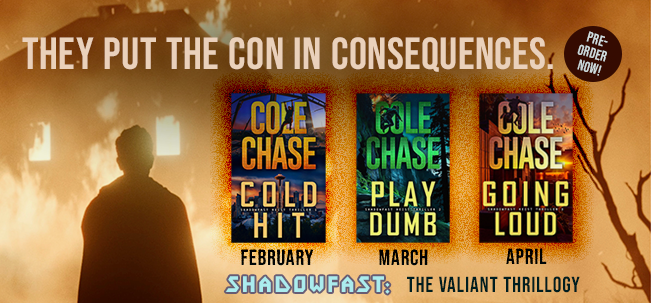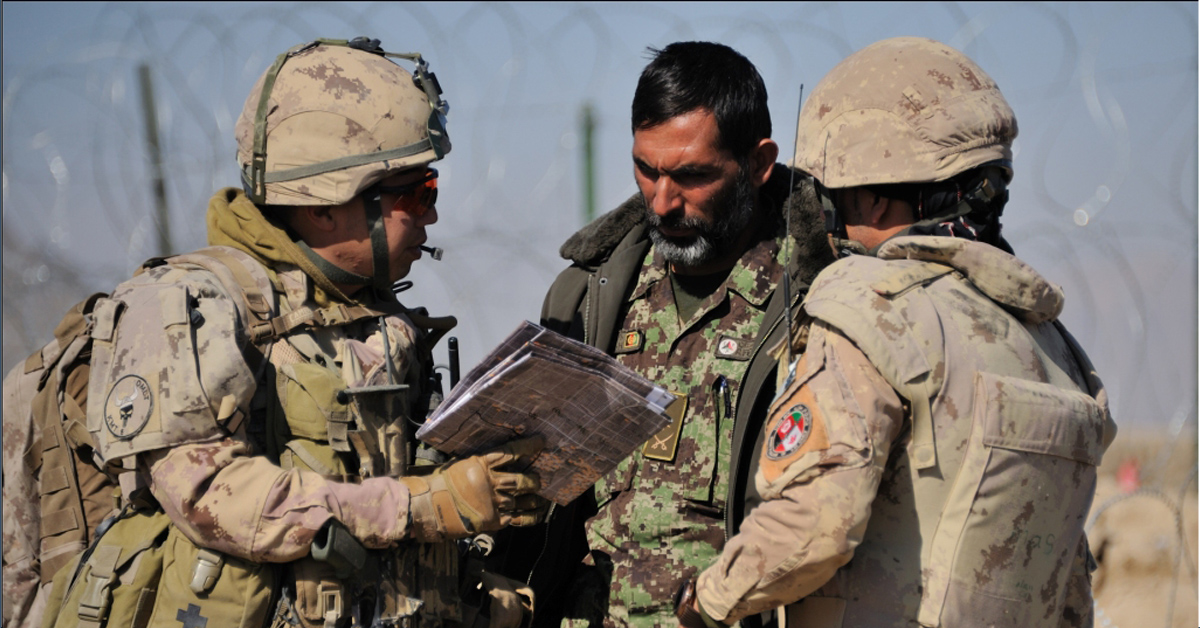The crisis in Ukraine features Russian dictator Vladimir Putin’s ambitions versus the will of the entire population of Ukraine. Unfortunately, it appears that Putin and Ukraine have irreconcilable differences which will make it extremely difficult for a diplomatic solution in the foreseeable future. Here’s why.
The unprovoked, illegal, and vendetta driven Russian invasion of Ukraine may prove to be Putin’s end. Unlike the Soviet Union, Putin subscribes to no over arching ideology or world view, rather he is single-mindedly motivated by pride and nostalgia for an empire long dead. On the surface, his invasion appears motivated by a quest for power. Certainly, his stated objectives of preventing genocide and Nazification of Ukraine are laughable. But what of the conventional wisdom that Russia is perpetually insecure about the prospects of its own security? Surely this can’t be Putin’s motivation. After all, Russian estimates of Ukrainian military capability were so low that Putin thought a force of 150,000 soldiers could easily topple Volodymyr Zelenskyy’s government after two days, evidenced by Russian state-owned domestic media outlet RIA’s embarrassing and premature declaration of victory story published on 26 February 2022 and subsequently deleted.
The RIA article proclaimed, “now this problem is gone – Ukraine has returned to Russia,” although it does not appear that Ukraine has any intention of voluntarily “returning” to Putin’s fantasized empire. The article claims that Ukraine’s return was “inevitable, asking how the ‘old European capitals’ could ‘seriously believe Moscow would give up Kyiv.’” This provides a rare glimpse into the personal machinations of Vladimir Putin – the existence of Ukraine as a sovereign and independent state is a problem for him, one that he clearly refuses to let go of. But why invade Ukraine now?
According to former MI6 director Sir John Sawer, when Putin first established his dictatorship in early 2000, he “set about modernizing and reforming Russia in a sensible direction.” However, the pro-democracy coloured revolutions in Georgia (2003) and Ukraine (2004) appeared to change his thinking. He abandoned reforms in favour of strong central state control with an aim of using revenues from soaring oil and gas prices to fund government services to the people of Russia. Putin maintained his grip on power by increasing the standard of living in many parts of Russia; however, following the collapse of energy prices in 2014 this was no longer possible. As Sawer put it, “the deal used to be, you leave us in power, and we’ll deliver growing services to you.” After 2014, “increasingly, Putin’s deal with the Russian people was – you leave us in power, and we will restore Russia’s greatness.” Not everyone agrees. Eight days before Putin’s invasion, international relations theorist John Mearsheimer argued that the West “recently created the narrative that Russia is bent on creating a greater Russia, or the second coming of the Soviet Union.” Although RIA’s premature victory post supports the Sawer thesis, Mearsheimer highlights an important point: during Barrack Obama’s administration the United States avoided sending lethal aid to Ukraine. Donald Trump reversed that policy, and Joe Biden followed suit.
But why wait until now? Why not invade shortly after Trump reversed course on lethal aid? Following the Russian Armed Forces’ abysmal performance in the Georgia invasion, Putin undertook a massive modernization program for the Russian military. During the Syrian civil war, Putin tried to ensure that as many personnel as possible gained valuable combat experience, something the United States has in abundance, but Russia lacked.
Putin likely believed that the Russian military wasn’t sufficiently ready until recently. Given the size and scope of the invasion and his pre-positioning of Russian forces along the Ukrainian border, inside Belarus, Crimea, and amphibious forces at sea, Putin has been planning an invasion for a long time. This decision wasn’t made on a whim. His pre-invasion demands that Ukraine not be permitted to join NATO could never be accepted by the West, and Putin must have known this. When following the lead-up to the invasion I thought Putin had backed himself into a corner in making those demands. In hindsight, I think he purposefully made demands he knew would be rejected so he could continue with his invasion. For Putin, regaining Russian dominance over Ukraine is central to his grip on power. There is little evidence to suggest that Putin can be deterred from this agenda, aside from a military defeat.
Conversely, Ukraine’s aspirations of joining NATO have been enshrined within its constitution. Moreover, it wants to join the European Union. Most importantly, Ukraine wants to maintain its sovereign independence. Ukraine, along with the West, refuses to recognize Russia’s claim over Crimea, nor the independence of the Donbas region. Ukraine’s population fiercely supports democracy and freedom and refuses to be subject to Russian oversight or control.
Ukraine has a long history of being dominated and occupied by foreign powers, first by the Russian Czar, then the Soviet Union, then Hitler, then the Soviet Union again. It has an equally long history of mistrust of authority and resistance. In historian Yuval Noah Harari’s view, this mistrust and resistance is the “essence of being a Ukrainian.” Ukraine’s fierce defence against overwhelming Russian firepower is proof enough. This epic defence of freedom and independence against Russia is personified by Ukrainian president Volodymyr Zelenskyy, whose wartime performance has been nothing short of heroic.
Putin’s plan to re-exert Russian control over Ukraine is now key to his own survival. Putin’s center of gravity has been his perceived strength and strategic brilliance. To be fair, Putin has done a reasonably good job of maintaining this perception up until recently. Putin and Russia emerged in a stronger strategic position following Putin’s military engagements in Chechnya, Georgia, Crimea, and the Syrian Civil War. That is not to say that I support his actions, certainly not. It demonstrates a long pattern of brutal oppression, war crimes, and crimes against humanity. His invasion of Ukraine is no exception. The exception lies in the fact that it is now impossible for Putin and Russia to emerge from the Ukrainian invasion in a stronger strategic position from where it started, especially if he fails in his quest to conquer Ukrainians. Even if he does initially acquire control over Ukraine, he will not be able to maintain it. Although the Russian Armed Forces are stronger than the Ukrainian military in size and firepower, it is not nearly powerful enough to maintain control over a population of 44 million people bent on resisting Russian control.
If Putin loses in Ukraine, and one way or another, he likely will, his tenure as Russian president is over. If he is removed from office, his own life may very well be in jeopardy. Putin will likely come to realize this, and based on previous experience with military setbacks, he will likely double down with more violent brutality against Ukrainian civilians. He is highly unlikely to abandon his quest for Ukrainian domination. His very survival depends on his success. Ukraine on the other hand cannot agree to Putin’s demands of abolishing the Zelenskyy government, surrendering sovereign control to Russia, or surrendering its right to self-determination in its international affairs. This is not to say that there are no viable diplomatic solutions, rather, that such solutions are highly unlikely to be agreed upon by either party.
I pray that it is the latter, and not the former that prevails, but prayers are often not enough. Although Putin will likely lose in the end, his defeat will probably come after the destruction of Ukrainian cities, and the loss of countless lives.
The Ukrainian people have fought with stunning bravery and conviction in the name of freedom and democracy at a time when the world appeared to be retreating from those virtues while much of the West was preoccupied with its enthusiastic downward spiral of self-loathing. It behooves us to do everything possible to ensure that Ukraine is not defeated. Sanctions alone cannot save Ukraine.






